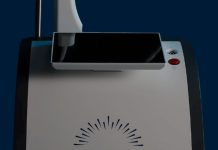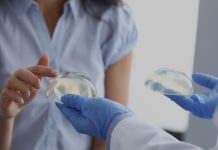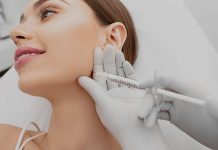Kenvue has released new efficacy and tolerability data published in the April edition of Journal of Drugs in Dermatology supporting 0.1% retinol as a cosmetic solution to target signs of skin aging. The new clinical assessment is reportedly the largest to be published in the scientific literature on the ingredient.
Kenvue’s data analysis included six vehicle-controlled studies of 0.1% stabilized bioactive retinol in women aged 30 or older who had mild to moderate signs of photodamage from ultraviolet light. A total of 237 participants received daily treatment with retinol while 234 received vehicle alone.
Across all the studies, using a numerical scale, a single dermatologist assessed overall facial photodamage and site-specific photodamages such as forehead wrinkles, crow’s feet and dark spots at baseline and at four weeks, eight weeks and 12 weeks. Tolerability was also assessed.
Researchers found that retinol induced greater improvements from baseline in all signs of photoaging compared with vehicle, with changes evident as early as week four and continuing through week 12. Among the few participants who experienced irritation, all events were mild to moderate and transient, and the authors concluded retinol and its vehicle were both well tolerated through 12 weeks, with no severe signs of irritation.
“Retinol is the number one dermatologist-recommended anti-aging cosmetic ingredient available over-the-counter and is sought after by consumers. But, not all retinol products are created equal,” said Menas Kizoulis, Kenvue senior director of Global Scientific Engagement. “This ingredient is hard to formulate and stabilize, but Kenvue has specific expertise here with over 30 years experience formulating and patenting retinol products. This study shows how effective our well-formulated, stabilized bioactive retinol formulations drive clinical skin health benefits.”
Kenvue’s patented formulas Kizoulis allow for a slower release of retinol to the skin.
“This vehicle-controlled analysis provides compelling new evidence that this ingredient effectively reduces the signs of skin aging without irritation,” said lead author of the study Patricia K. Farris, M.D., MS, FAAD4, a clinical associate professor in the Department of Dermatology at Tulane University School of Medicine and practicing dermatologist in Louisiana. “These findings provide additional support for the use of products including the Neutrogena Rapid Wrinkle Repair line5, which target signs of aging with 0.1% stabilized bioactive retinol.”







